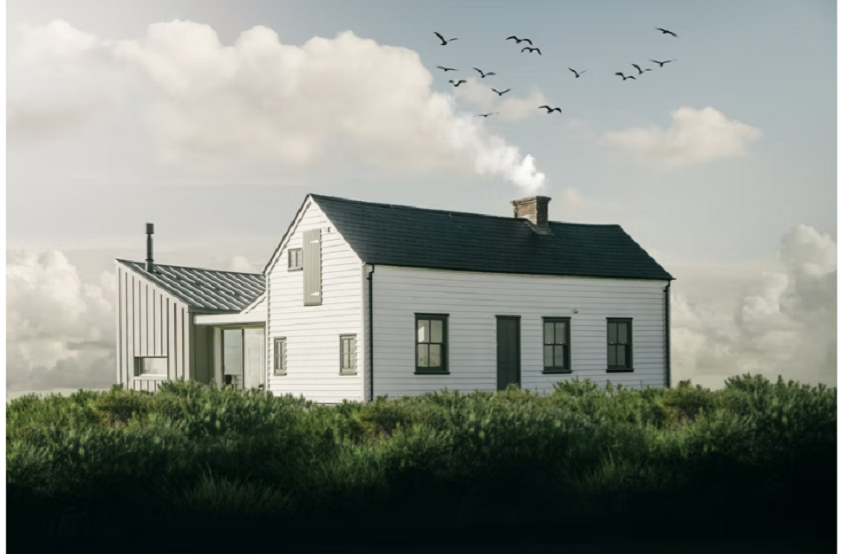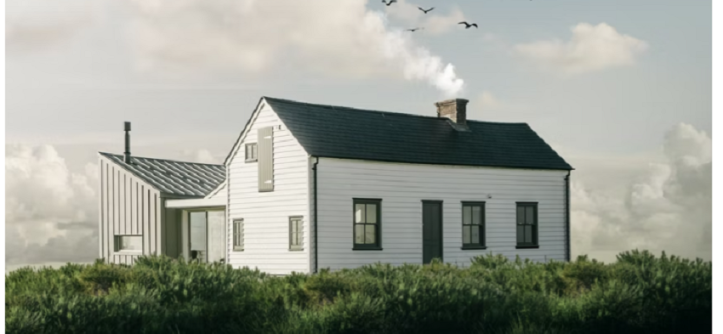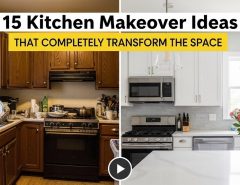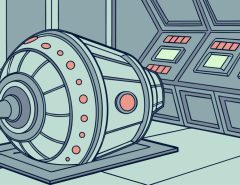Are you thinking of buying your first home? If so, have you considered a manufactured home? Manufactured homes can be a great option for first-time homebuyers, and they’re becoming more and more popular. But what is a manufactured home, exactly? And is it worth buying?
There are a lot of pros and cons that come with owning a manufactured home, but in the end, it comes down to what’s important to you and your family. Here we’ll break down some of the key points that you should consider when deciding if a manufactured home is right for you.
What is a Manufactured Home?
A manufactured home is a type of prefabricated housing that is built in a factory and then transported to a site (usually by truck or trailer). Unlike a traditional stick-built home, which is constructed piece by piece on-site, a manufactured home is produced in a controlled environment, using standardized building materials. As a result, manufactured homes can be built quickly and relatively cheaply.
Manufactured homes are also often known as mobile homes, although this term is technically incorrect, as most manufactured homes are not designed to be moved once they have been placed on a foundation. Today, manufactured homes are available in a wide range of sizes and styles, and they can be an excellent option for budget-conscious homebuyers.
While the term “mobile home” is sometimes used interchangeably with “manufactured home,” there are important distinctions between the two. Mobile homes are older homes that were built before 1976 when the federal government introduced new construction standards. Today, all manufactured homes must meet these standards, which include minimum requirements for things like energy efficiency, fire safety, and wind resistance.
The pros of buying a manufactured home

When most people think of manufactured homes, they picture tiny, flimsy houses that are more mobile trailers than an actual home. However, today’s manufactured homes are actually high-quality, stylish homes that can offer a number of benefits over traditional stick-built homes. Some benefits of a manufactured home include:
Affordability
One of the biggest advantages of manufactured homes is that they are much more affordable than traditional homes. The price of a manufactured home will vary depending on factors like size, location, and features, but in general, you can expect to pay 20-30% less for a manufactured home than you would for a comparable traditional home.
Easier to Maintain
One of the main advantages of this type of construction is that it is easier to maintain than a traditional site-built home. For example, manufactured homes are less likely to settle or shift, and they often come with features that make them more energy-efficient. As a result, manufactured homes can offer all the benefits of homeownership without as much of the hassle.
Customizable
When you buy a manufactured home, you often have the opportunity to customize it to your liking. For example, you can choose the floor plan that best suits your needs, as well as the finishes and fixtures that you prefer. This level of customization means that you can end up with a home that is truly perfect for you and your family. While manufactured homes may not be as customizable as traditionally constructed homes, they do offer more options than you might think.
Energy Efficient
Thanks to advances in construction techniques and building materials, manufactured homes are better equipped to withstand extreme weather conditions and maintain a comfortable indoor temperature. As a result, they can help homeowners save money on their energy bills. In addition, many manufactured homes are now outfitted with solar panels and other renewable energy sources, further reducing their environmental impact. With so many benefits, it’s no wonder that manufactured homes are becoming the housing option of choice for an increasing number of Americans.
Great for First-Time Buyers
Due to their overall affordability, manufactured homes are a great way for first-time homebuyers to get their foot in the door of the housing market. Not only will you save money on the purchase price, but you’ll also have lower monthly carrying costs thanks to things like a smaller mortgage and lower utility bills. In addition, because they are easier to maintain, manufactured homes can be a good option for first-time buyers who may not be ready to take on the responsibility of a traditional home.
The cons of buying a manufactured home
While manufactured homes offer many advantages, there are also a few potential drawbacks that you should be aware of before making your decision. Some of the potential disadvantages of a manufactured home include:
Less Appreciation
While all homes appreciate at different rates, in general, manufactured homes will appreciate at a slower rate than traditional site-built homes. This is because there is often a stigma attached to manufactured homes, and as a result, they can be harder to sell. Additionally, because they are less expensive than traditional homes, there is less room for appreciation.
Depreciation
In addition to slower appreciation rates, manufactured homes also tend to depreciate faster than traditional homes. This is due to a number of factors, including the fact that they are often located in mobile home parks, which can be less desirable than other neighborhoods. Additionally, because they are mass-produced, they can sometimes lack the individuality and charm of a traditional home.
Size and Style Limitations
While manufactured homes have come a long way in terms of style and design, they still tend to be smaller and more uniform than traditional homes. And while you may be able to find a manufactured home that suits your needs, it’s important to keep in mind that you may have to compromise on size and style.
So is a manufactured home right for you? The answer will depend on your individual needs and preferences. However, if you’re looking for an affordable and customizable home, a manufactured home could be a great option. Just be sure to do your research and weigh the pros and cons before making your decision.




